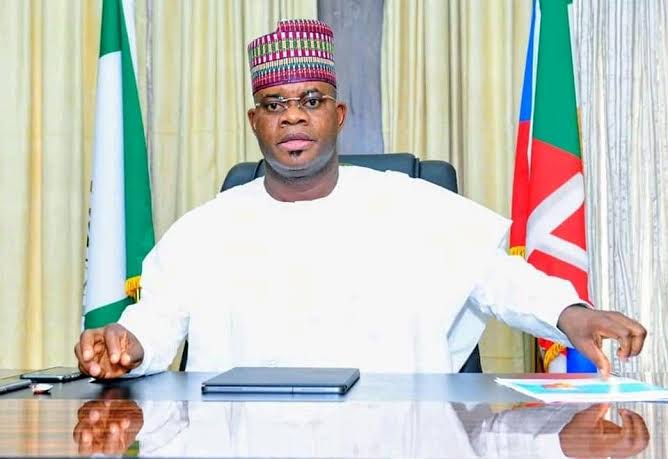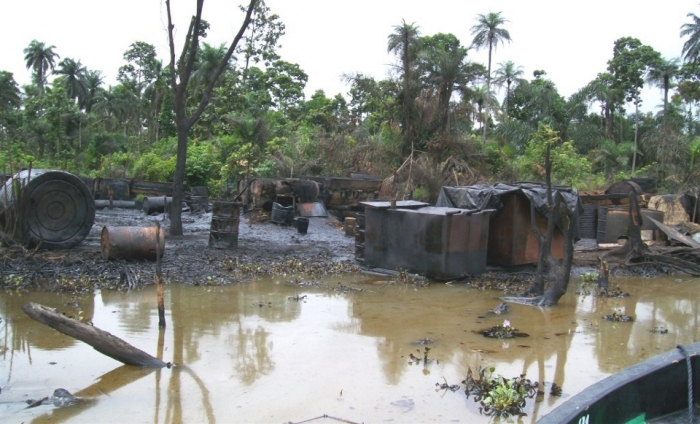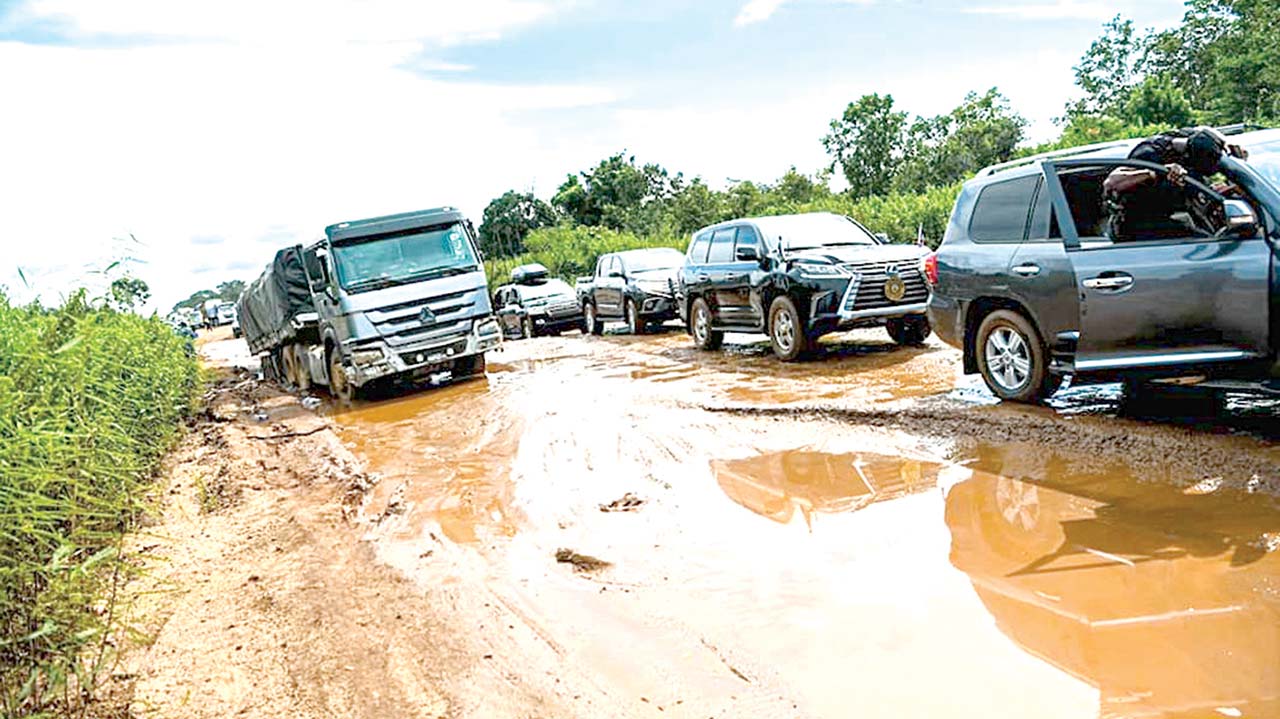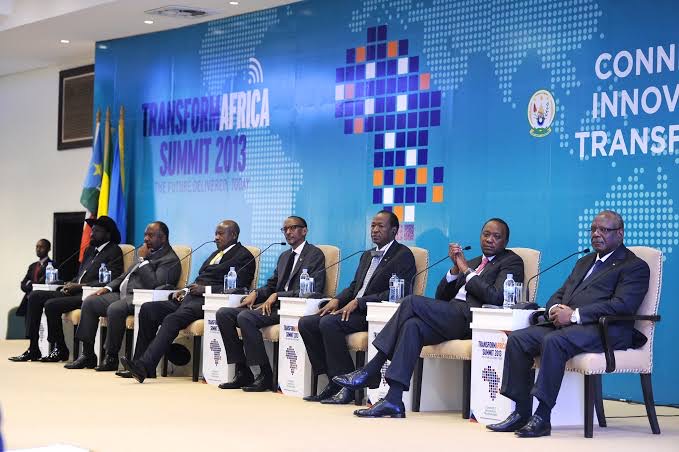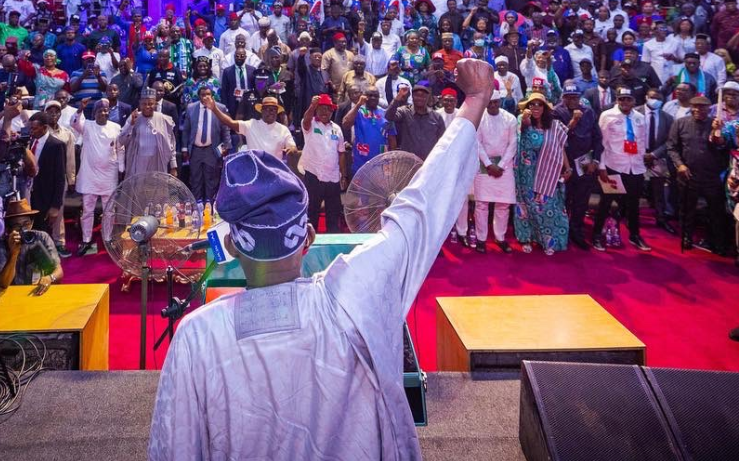Finally, the long-awaited coming onstream of the multi-billion dollar Dangote Refinery as far as pumping of refined petroleum products is concerned is about to become a reality. It has been announced that barring any unforeseen circumstance, the first drop of refined petroleum products from the multi-billion dollar facility is expected on the 22nd of this month — May 2023. What that means is that by this time next week, premium motor spirit (PMS), popularly known as petrol, and diesel will be powering vehicles on Nigerian roads. The facility is estimated to have the capacity to process about 650,000 barrels of crude oil per day, making it the largest single-train refinery in the world. With that, at least, Nigerians are covered, as far as local demands are concerned.
Nigerians have, hitherto, continued to endure the hardship occasioned by our lack of national refining capacity, due to the non-operation of the four government-owned refineries in Kaduna, Warri, and (two in) Portharcourt. Nigeria, (in terms of daily output) reputed to be the world’s 15th largest oil-producing country in the world, number one in Africa, and the 6th largest among OPEC (Organisation of Petroleum Exporting Countries) members has heavily and continuously been dependent on imported refined petroleum products to meet domestic needs. This is because the four aforementioned refineries have become inoperable for years and have, more or less, become historical artifacts that should be converted to assets under the supervision of the National Gallery of Art (NGA), rather than the Nigerian National Petroleum Company (NNPC) Limited, as museums. Remember, these are multi-billion dollar investments established and funded with taxpayers’ money. But despite their non-functional states, they retain and maintain a robust number of employees who draw fat emoluments monthly. They (engineers and other categories of workers) get paid heavily on a monthly basis, without having produced a litre of any of the refined petroleum products for about two decades now. But that is not the thrust of this article. It’s a matter for another day.
In order to fill the supply gap created by the moribund refineries, the federal government resorted to importing refined products, sometimes around 1995. This was meant to be a stop-gap arrangement, to meet domestic demands, when the then Head of State, General Sani Abacha’s regime wanted to embark on what it termed turnaround maintenance (TAM) (of those facilities) pending the completion of the project. Ever since then, some unscrupulous elements involved in the arrangement have ensured that the ad-hoc arrangement becomes institutionalised, and it has remained to date. The federal government has since then left itself with no option but to perpetuate this fraudulent arrangement to placate this increasingly powerful cartel of economic saboteurs feeding fat on our national calamity that the fuel importation has come to represent. This, it does, using the badly needed but grossly unavailable forex to lubricate the “oily” business of fuel importation with the concomitant need for subsidy. This has, in no small measure, contributed to the progressive decline in the value of the Naira against the dollars and other major currencies in the world. It haemorrhages the country’s treasury so much that the federal government is beginning to find it unnecessarily difficult to execute infrastructural projects or even meet up with obligations as basic as paying workers’ salaries.
What that (relying on importation to meet local demands) means is that the local pump price would be subject to the vagary of the interactions of the international market forces of demand and supply – a phenomenon that is beyond the control of the federal government. With an abysmally weak Naira against the major international currencies (the US Dollars, Euros, and British Pounds), Nigerians have had to pay exorbitant prices for products that it pleased mother nature to deposit in the belly of their motherland. To think that the prices of goods and services in the markets are affected by the pump price makes it painfully sickening. That has been the lot of the people of this country who have been living in squalor, despite being the number one producer of oil in Africa, number six among OPEC, and number 15 in the world, earning billions of dollars year-on-year.
Advertisement
Some lackeys of the oil cabal have decided to stand logic on its head by comparing how much a litre of petrol costs in Nigeria, to what obtains elsewhere. They, in their warped thinking, claim Nigerians pay some of the cheapest rates in the world for PMS. True, as that might sound, they fail to tell those who care to listen, that in most of those countries where they pay higher than in Nigeria, their economies are not generator-powered, and the citizens, therefore, do not have to buy fuel for independent power generation. There is stable power supply. This is in addition to their governments providing other basic social amenities like water, security, and healthcare that Nigerians would have to provide for themselves, despite paying taxes to the government.
While Nigerians suffered the misfortune of having their God-given natural resources mismanaged by groups of “socio-economic cannibals”, those who pick crumbs from under their table would come out assaulting logic by defending one of the most fraudulent schemes in the history of humanity, called “fuel subsidy”. They would be making unanalogous comparison of “how much Nigerians are paying, with how much is being paid in a country like Japan or Kenya that is not endowed with oil deposits like Nigeria, and therefore, have to buy”.
Politicians use the issue of subsidy to campaign against one another, especially an incumbent. For instance, President Muhammadu Buhari, during electioneering in 2014/15, used it against the sitting government of President Goodluck Jonathan, saying, “subsidy was a scam”. He rhetorically asked; “who is subsidising who?” But, no sooner had he come on board in 2015, than his administration began to shop for justifications for subsidy. So, Nigerians now know, “who is subsidising who”. As a matter of fact, the Buhari administration would go down in history, as one that had deployed the highest number of semantics to whitewash the cesspool of corruption that fuel subsidy represents in Nigeria. From “fuel subsidy”, to “under-recovery”, to “price modulation”; what did we not hear from Dr. Ibeh Kachikwu and Timipre Sylva?
Advertisement
It was, therefore, a sort of relief for millions of Nigerians when it was announced that the Dangote Refinery will start pumping refined petroleum products into the Nigerian market, from May 22, 2023, — next week on Monday. Taking a superficial look at the whole thing, the pump price is not expected to be, as high as it is now by the time we start getting products from Dangote Refinery because, virtually, no forex requirement for marketers (major or independent). The crude would be sourced locally, and paid for in local currency (the Naira). The forex requirement to make fuel available in Nigeria should be relatively minimal, compared to the current amount (of forex) needed to make the products available in the Nigerian market. But this is Nigeria where the simplest of arithmetic is made to look like a “Quadratic Equation”.
The focus, now, should be on working towards devising the cheapest means of transportation, to convey refined products from Ibeju-Lekki where the Dangote Refinery is sited to the various fueling stations across the country. That brings us to the issue of pipelines, which remains the cheapest means of transporting liquid substances. How do we protect, and expand the existing ones, connecting depots to refineries? The security agencies must double up and upscale their steadfastness to checkmate the unwholesome activities of vandals, and oil thieves who are one and the same.
It is a verifiable fact that President Muhammadu Buhari, for the past eight years has invested, and is still investing, massively in rail transportation. It is one thing for refined products to be available in Ibeju-Lekki, it is another kettle of fish moving it to places like Ibadan, Ilorin, Minna, Sokoto, Abuja, Kaduna, Kano, Maiduguri, Benin City, Onitsha, Enugu, Calabar, Yola, among other places across the country. Every normal human being knows that it would be cheaper to transport petroleum products from one point to another, through pipelines. But, in a situation where the use of pipelines is not in the equation, due to the unwholesome activities of vandals, rail transportation should be the next option.
Transporting a bulky commodity, like oil on Nigerian roads, no longer makes any economic sense, especially when one considers the need to enhance the longevity of the roads. Furthermore, the risk of insecurity, the danger of accidents, and above all, the cost, which causes inflation when added to the cost of production, and the markup, which forms the sales price. However, middlemen in any supply chain are like dangerous reptiles, all they need is just a little bushy spot around where their preys inhabit from where they would pounce. The same thing with the middlemen in the mid and downstream sectors of the petroleum industry in Nigeria. They would be looking for any grey spot, where they can hide to inflate the approved price. They would, therefore, prefer to continue trucking the products on potholes-ridden Nigerian roads, littered with extortionist uniformed men mounting roadblocks across the country. This is, in order for them to continue to sustain the argument that, “the cost of transportation is the major reason why product cannot be sold at the approved price”. This is also, partly because, some of them, have created trucking, as a sub-sector, and have invested heavily in it.
Advertisement
The federal government must, therefore, devise a cheaper and safer means for refined products to be evacuated from the (Dangote) refinery to the fueling stations, so that the issue of, “subsidy”, “under-recovery”, or whatever does not resurface again, in such a way that the supposed benefits of having a functioning refinery here in Nigeria, would evaporate. The impacts of the efforts of Alhaji Aliko Dangote as a “social entrepreneur” must be felt by the people of this country who have laboured, persevered, and trusted, but have been disappointed by politicians in the successive administrations, since oil was discovered in commercial quantity in Oloibiri in the present day Bayelsa state.
As we wait for the Dangote Refinery to pump the first drop of refined products, the pipelines must be made functional, and manned by the appropriate security agencies to protect them from vandals, and to ensure a cheaper means of transporting products. As for the rail system, the use of that strategic facility must be encouraged by the federal government to lessen the pressures on our roads to enhance their longevity. Adequate arrangements must be made for the rail transportation of products as a backup for the pipelines, in case there is an occasional hiccup with the pipelines.
Smuggling across the borders is another serious issue the federal government must work assiduously to curtail if Nigerians must reap the dividends of Dangote Refinery, to the fullest. As we have it currently, some of the major beneficiaries of what is paid by the federal government, as purported subsidy, are our neighbouring countries in the West African region, to where those economic saboteurs divert petrol. The Nigerian Customs Service (NCS) and other border-policing security agencies, therefore, need to be professional and patriotic enough to prevent products from being smuggled out of the country.
Abubakar writes from Ilorin. He can be reached via 08051388285 or [email protected]
Advertisement
Views expressed by contributors are strictly personal and not of TheCable.


